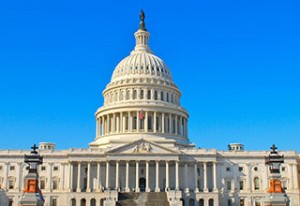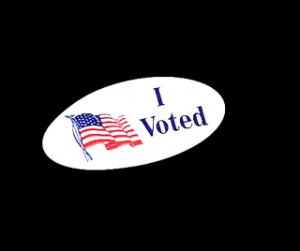Beginning September 30, 2014, and annually each September 30 thereafter, certification must be made for compliance to Section 18j of Public Act 51 of 1951, MCL 247.668j. A local road agency must certify that it has developed an employee compensation plan for its transportation employees as described OR the local road agency must certify that medical benefits are offered to its transportation employees or elected public officials in compliance with the publicly funded health insurance contribution act, 2011 PA 152, MCL 15.561 to 15.569, OR, that it does not offer medical benefits to its transportation employees or elected public officials. For a copy of the annual certification form please click here.
In addition, a local road agency shall maintain a searchable website accessible by the public at no cost, or the local road agency may reference this state’s central transparency website as the source for the information required. The information required includes all of the following, current fiscal year budget, the number of active transportation employees of the local road agency by job classification and wage rate, a financial performance dashboard that contains information on revenues, expenditures, and unfunded liabilities, the names and contact information for the governing body of the local road agency, and a copy of the annual certification form. If you elect to reference the state’s central transparency website the email to send a searchable pdf of the information to is MDOT-Outreach@michigan.gov. The website that should be used as a link the central transparency website on your webpage is www.michigan.gov/act51 and it will be part of the Legislative Reports under the Resources heading.
If a local road agency does not have a website, you may send a searchable pdf of your information to jlamacchia@mml.org at the Michigan Municipal League and it will be posted to their web page.
For more information please read Section 18j Frequently Asked Questions provided by MDOT.
The League continues to advocate that certifying to MDOT that we are in compliance with PA 152, which by law we are required to be in compliance with, is redundant, unnecessary, and an inefficient use of time. We have also advocated that the creation of another dashboard is unnecessary because of the public access to our current dashboards, F65 Forms, audits, and our comprehensive annual financial reports. SB 882 that would repeal these requirements has passed the Senate and awaits a hearing in the House. We are still hopeful that this legislation will pass before September 30th but there is no guarantee. We encourage you to prepare as if this requirements will continue to be due on September 30, 2014.
John LaMacchia is a Legislative Associate for the League handling transportation and infrastructure issues. He can be reached at jlamacchia@mml.org or 517-908-0303



